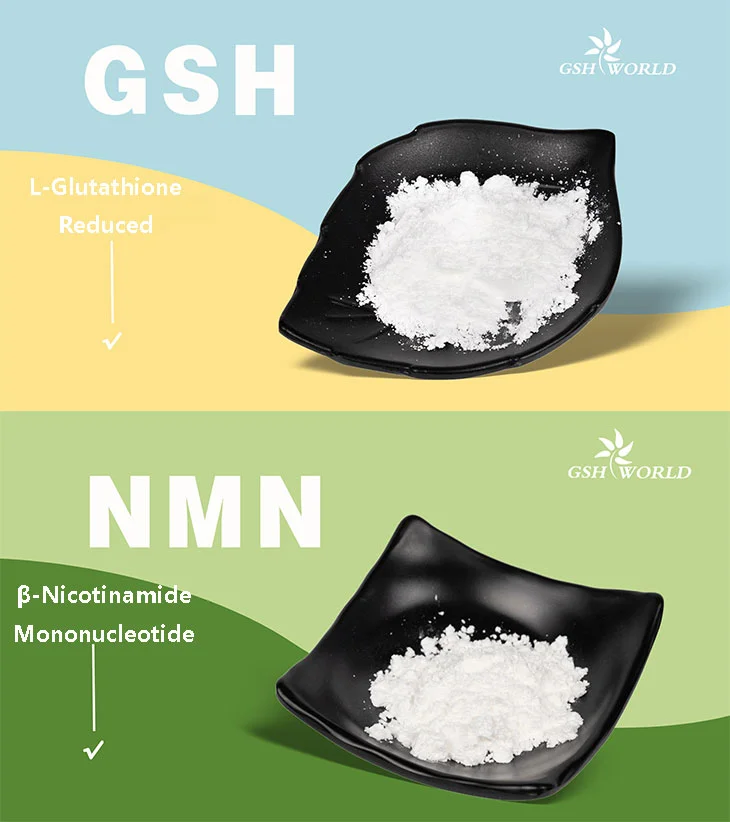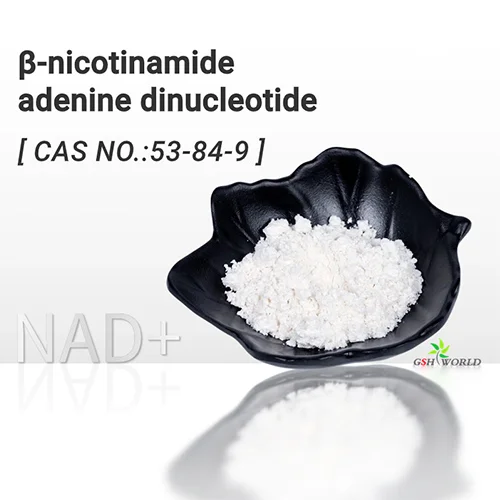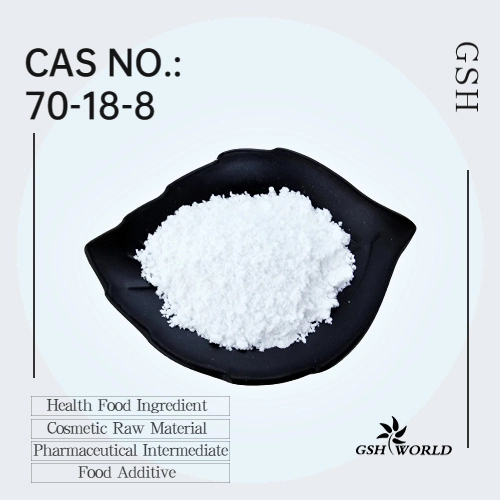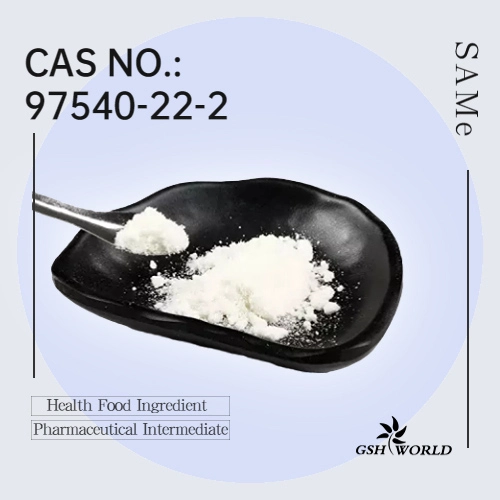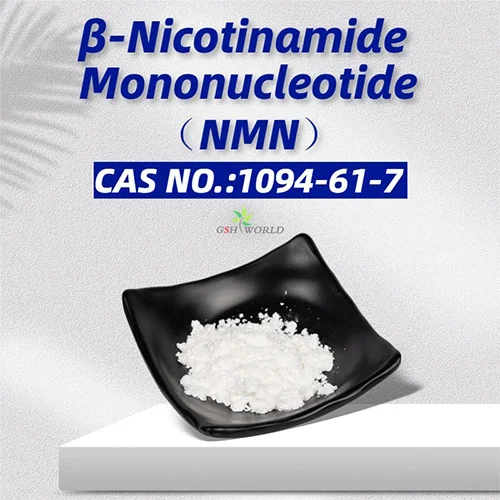CD38 Enzymes on Immune Cells Drive NAD+ Decline with Age
The levels of a molecule crucial for energy production and maintenance of DNA integrity called nicotinamide adenine dinucleotide (NAD+) diminish in cells with age. Scientists have linked age-related reductions in NAD+ levels to diseases from Alzheimer’s disease to metabolic disorders and cardiovascular dysfunction. An enzyme called CD38 has been shown to play a key role in diminishing NAD+ levels over the years, yet its function remains a mystery. Researchers have wondered which cells and mechanisms induce CD38 activity during aging as well as what function the enzyme is serving while contributing to age-associated NAD+ decline.
Two recent articles in Nature Metabolism looked into these questions about CD38 and NAD+. An article by Chini and colleagues from the Mayo Clinic in Minnesota and also one by Covarrubias and colleagues of the Buck Institute for Research on Aging in California showed that inflammation associated with aging induced CD38 activity in immune cells called M1 macrophages. This CD38 activity led to tissue NAD+ level declines by degrading NAD+ in cells and controlling the availability of the NAD+ precursor Nicotinamide Mononucleotide (NMN) outside of cells.
When aged cells stop growing and replicating, a phenomenon called senescence, they secrete molecules associated with inflammation in a process called a senescence-associated secretory phenotype (SASP). The presence of these molecules increases with age and induces the presence of CD38 on immune cells. This is how increased CD38 levels from aging-associated inflammation lead to progressive NAD+ level reductions through the SASP cellular loop. Yet, which immune cells specifically are using CD38 and for what purpose is still unclear.
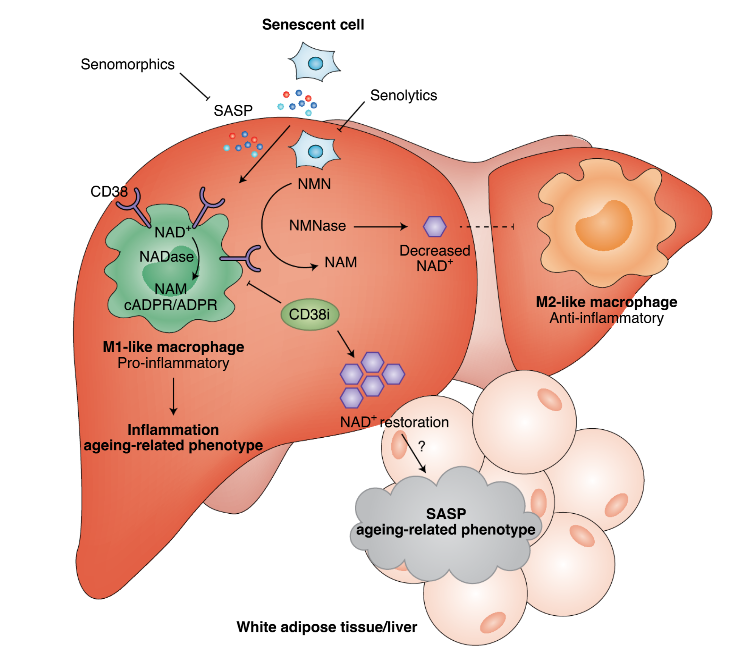
Chini and colleagues showed in their study that M1 macrophages, which play a key role in inducing inflammation, display the highest CD38 activity among immune cell types in aged tissues. Covarrubias and colleagues confirmed these results by showing that CD38 consumes NAD+ in M1 macrophages. Yet, neither study was able to address the consequences of CD38 on M1 macrophages consuming NAD+. Understanding the purpose of increased CD38 activity in M1 macrophages will be critical in determining whether CD38 inhibition has unintended negative consequences.
*Special note - This article is for informational purposes only and cannot replace a doctor's treatment diagnosis and advice. It should not be regarded as a recommendation or proof of efficacy of the medical products involved. If it involves disease diagnosis, treatment, and rehabilitation, please be sure to go to a professional medical institution to seek professional advice.
by GSHWORLD
GSHWORLD is China Biological API Manufacturer. China NAD+ Supplements powder suppliers & best NAD+ benefits raw material Factory.


